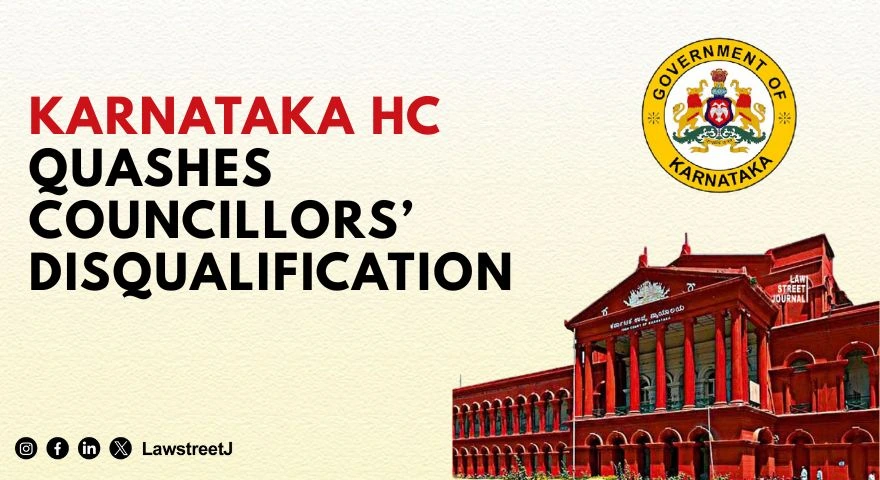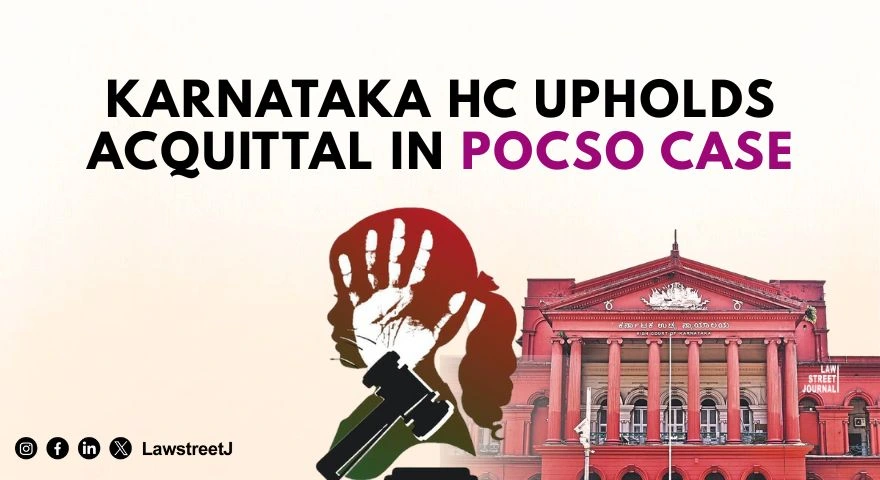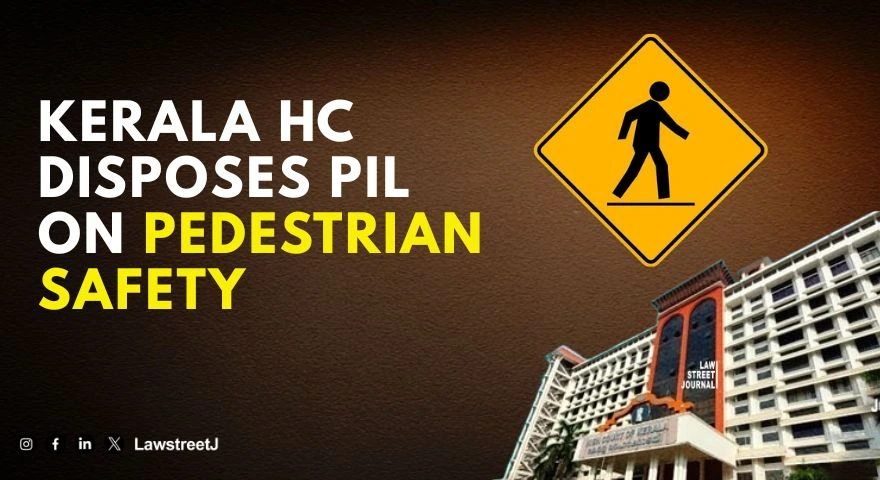The bench of Justice Ashok Bhushan, M R Shah, and R Subhash in Supreme Court On October 14, 2020, held that the accused can be convicted based on the sole testimony of the victim if it is reliable and trustworthy.
In the case of Ganesan v. State Represented by its Inspector of Police (Criminal Appeal No. 680 2020), the Supreme Court passed the above judgment.
In this case, the accused Ganesan was tried by the Fast Track Mahila Court of Dharmapuri for the offenses punishable under Section 7 read with Section 8 of the Protection of Children from Sexual Offences Act, 2012 (POCSO).
The Protection of Children from Sexual Offences Act (POCSO Act) 2012 was established to protect the children against offenses like sexual abuse, sexual harassment, and pornography.
Section 7 of the Protection of Children from Sexual Offences Act, 2012 (POCSO) deals with sexual assault, and Section 8 deals with Punishment for sexual assault.
The Fast Track Mahila Court of Dharmapuri relying upon the statement of the victim who was studying in 5th standard and aged 13 years, convicted the accused under Section 7 and Section 8 of the Protection of Children from Sexual Offences Act, 2012 (POCSO) and sentenced him to undergo three years rigorous imprisonment and compensation of rupees one lakh.
The accused then appealed before the Madras High Court that he is unable to pay the compensation of rupees one lakh to the victim and requested the court to set aside the order of compensation along with the sentence of three years of rigorous imprisonment passed by the Trial Court.
The Madras High Court had modified the judgment given by the Trial Court with respect to compensation and stated that compensation amount shall be paid by the State to the victim and if the State finds that the accused has got sufficient means the same can be recovered from the accused under the Revenue Recovery Act, 1890.
The Madras High Court dismissed the appeal of the conviction of three years of rigorous imprisonment passed by the Trial Court.
The accused then appealed before the Supreme Court against the order passed by the Madras High Court.
The prosecution contended that the mother of the victim turned hostile and thus conviction of the accused only on the statement of the victim is unlawful.
The Supreme Court held that on the evaluation of the statement given by the victim it is absolutely trustworthy and of sterling quality.
The Supreme court added that the victim has been thoroughly and fully cross-examined and is matured as she is of 15 years.
The Supreme Court observed the case of State of Maharashtra v. Chandraprakash Kewalchand Jain, (1990) 1 SCC 550 which held that a woman who is the victim of sexual assault is not an accomplice to the crime but is a victim of another person's lust and, therefore, her evidence need not be tested with the same amount of suspicion as that of an accomplice.
The apex court further held that the Trial Court has not committed any error in convicting the accused and relying upon the statement of the victim.
The Supreme Court noted that allegations against the accused which are proved are very serious and which cannot be permitted in a civilized society so the rigorous imprisonment of 3 years given by the Trial court and upheld by the Madras High Court is justified.
The Supreme Court concluded its judgment by stating that the Madras High Court has already modified the order of compensation passed by the Trial Court which is fair and the accused should not worry about the same.
The petition for appeal by the accused was dismissed by the Supreme Court.

![Accused can be convicted on the basis of Sole Testimony Of Victim if it is Reliable and Trustworthy: SC [Read Judgment]](/secure/uploads/2020/10/lj_5455_sc.jpeg)






